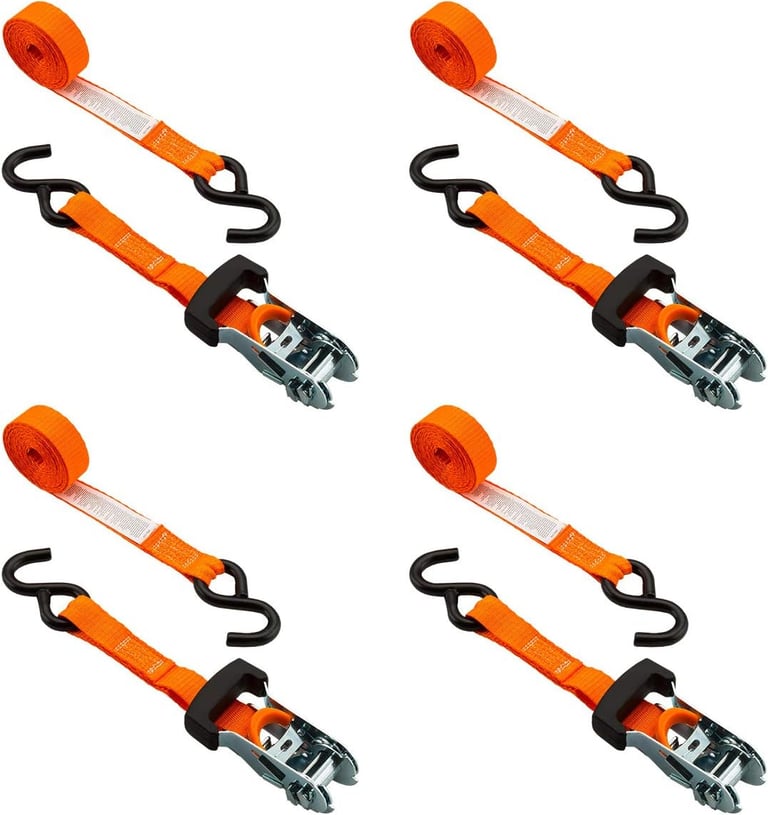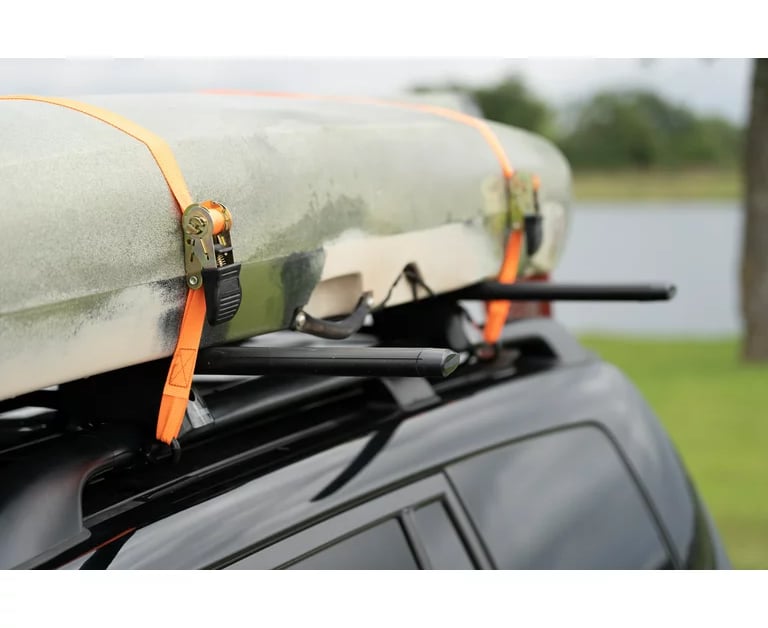Understanding the Meaning and Uses of Tied Down and Tie Downs
Understanding the Meaning and Uses of Tied Down and Tie Downs


Tied down is a common phrase used to describe a situation where someone or something is secured or restricted in some way. The term can be used in various contexts, including personal, professional, and even literal meanings.
In a literal sense, tied down refers to the act of securing an object or person with a rope, cord, or other restraining device. This could involve fastening something to prevent movement, such as tying down a tarpaulin over a truck bed or securing a boat to a dock.
Figuratively, tied down can be used to describe a situation where someone feels restricted or confined. For example, if someone says they feel tied down in their job, it means they feel limited or constrained in their professional growth or opportunities.
A tie down, on the other hand, is a specific type of equipment or device used to secure or fasten objects in place. In the literal sense, tie downs are commonly used in transportation and logistics to secure cargo, equipment, or even vehicles during transport. These can include straps, ropes, bungee cords, or chains.
When it comes to sales, a tie down is a technique used to confirm or reinforce a customer's agreement or commitment during a sales pitch. It involves using short, closed-ended questions that prompt the customer to respond with a positive affirmation. For example, a salesperson might ask, 'Don't you agree that this product will save you time and money?' By using tie downs, salespeople aim to build momentum and increase the likelihood of closing a sale.
Synonyms for tied down include restrained, confined, limited, and restricted. These words convey the sense of being held back or unable to move freely. In some cases, tied down may also be used interchangeably with tied up, although the latter can also refer to being occupied or busy.




